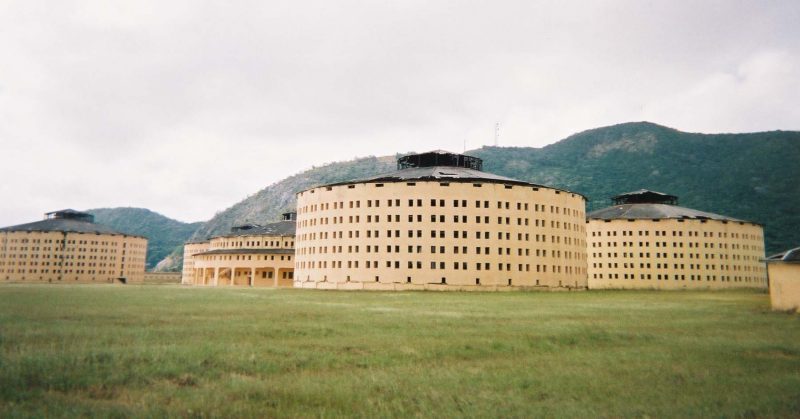A Japanese-Cuban man who was sent to a Cuban internment camp during World War II found a list of the 350 people that were interned during the war. He copied the list and provided it to journalists from Japan this month when they visited the country.
Francisco Miyasaka, 78, is a second-generation Japanese-Cuban and the head of the Japanese-Cuban Association in Havana. He said that since there were so few Japanese-Cubans, not a lot is known about their story during the war. He hopes that providing this list will help people learn about the history of Japanese-Cubans.
He found the list in the belongings of his father who had emigrated to Cuba from the Nagano Prefecture, Japan. The list was compiled by Goro Naito, a Japanese immigrant from the Hiroshima Prefecture. The two men had been relocated to one of the camps.
Naito compiled the list in the 1980s after searching for and visiting around 100 former camp detainees. The hand-written list was later typed in a word processor by Kiyotaka Kurabe, a Japanese writer in Tokyo. Kurabe worked with Naito to record the history of Japanese immigrants. He published a book about the immigrants in 1989.
The list shows the date of their internment, where they originated in Japan, and their names. It also includes the date of death for those who lost their lives in the camps.
After the Japanese attack on Pearl Harbor in December 1941, the US government considered ethnic Japanese living on the west coast to be a security threat. About 120,000 Japanese-Americans were forced to relocate to internment camps during the war.
In Cuba, President Fulgencio Batista followed the USA’s lead and arrested about 350 Japanese-Cuban men over the age of 18 out of the 420 in the country. The arrested men were moved to jail in Isla de la Juventud in southern Cuban.
Women and children were not interned, with the exception of three women suspected of having ties to Japanese military officers. They were arrested and sent to jail in the suburbs of Havana, The Japan Times reported.
Those interned were not released until March 1946. Some died in internment due to the poor conditions in the camps.
